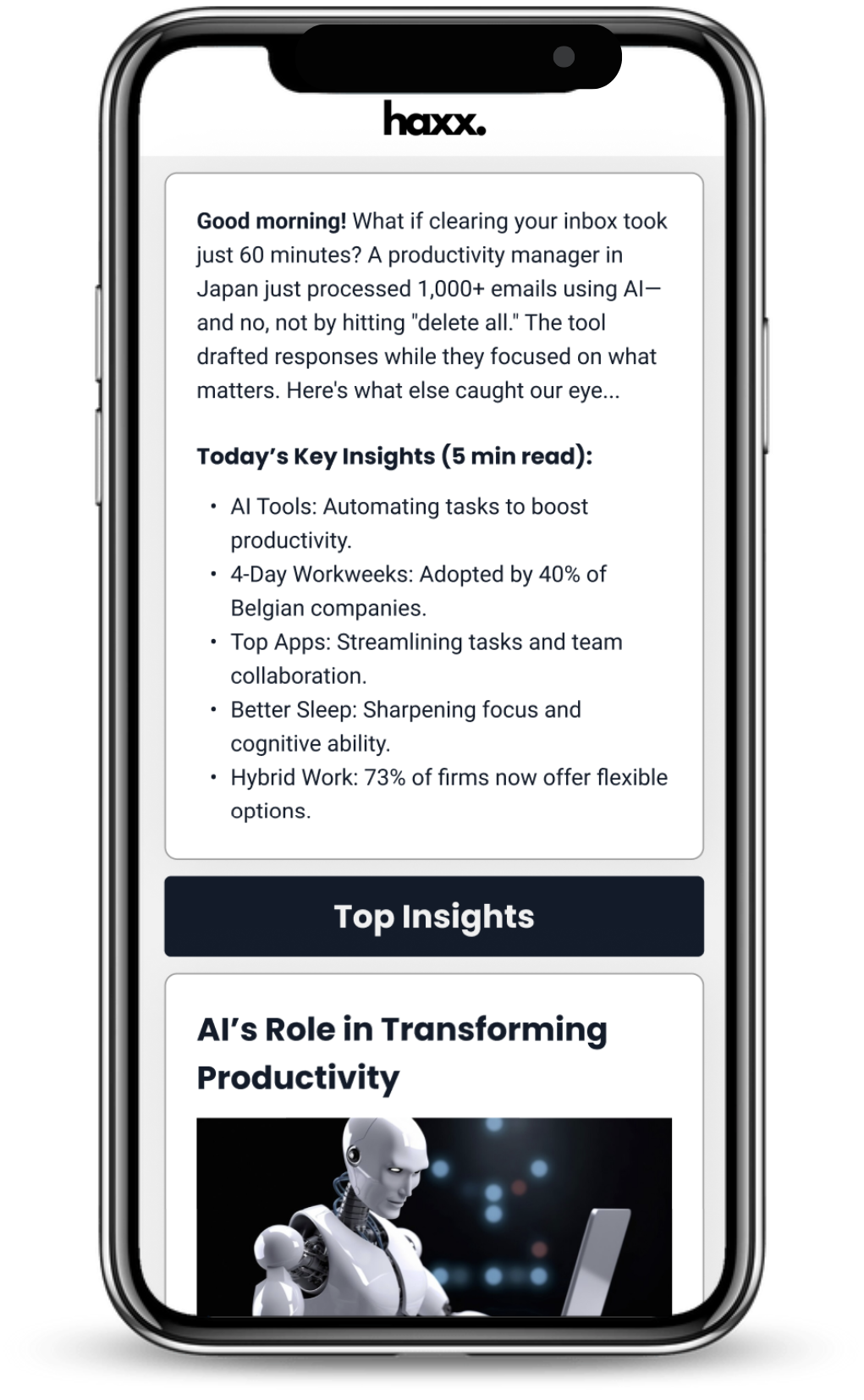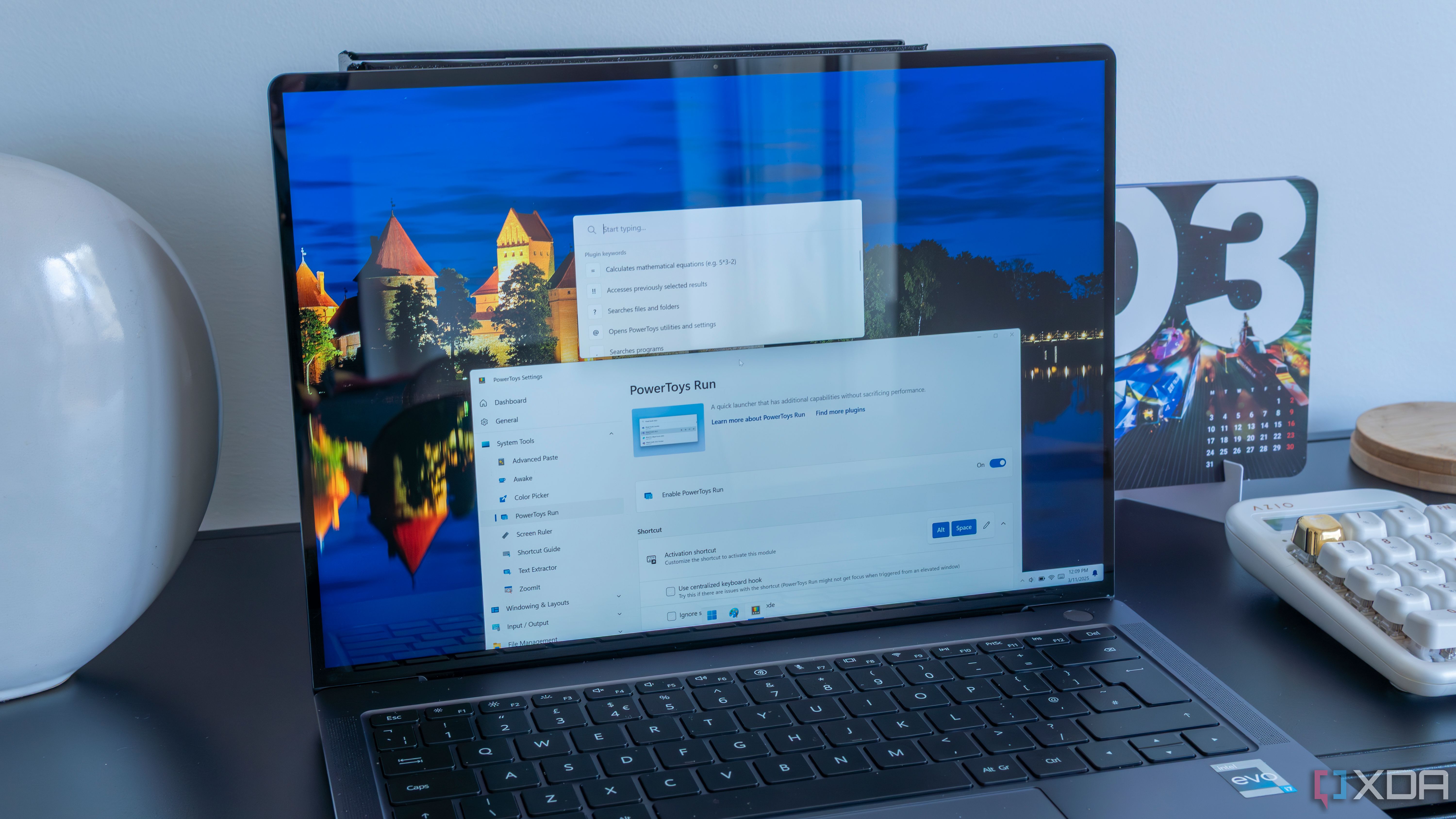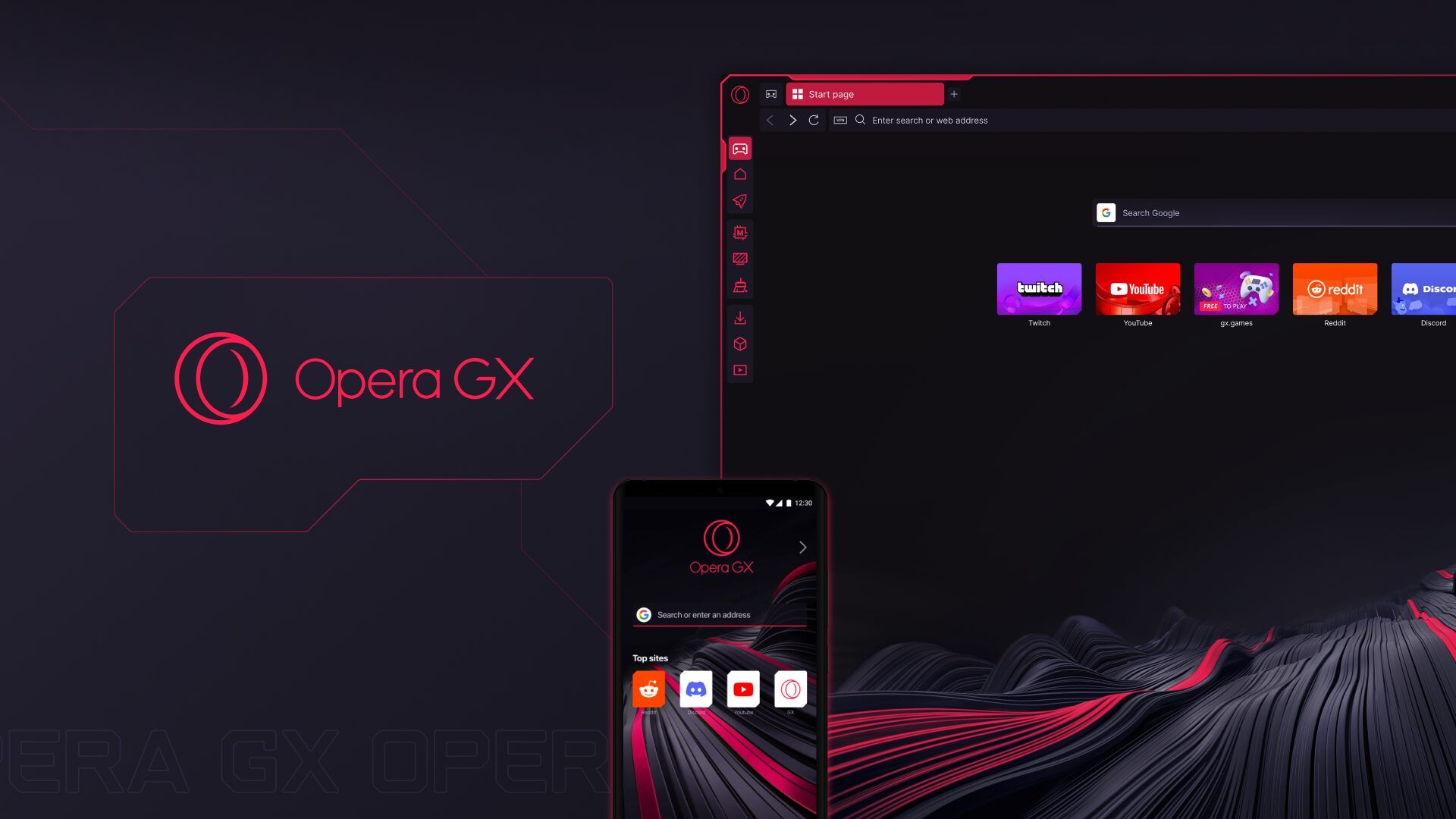


Self-hosting a voice assistant like Home Assistant Voice is transforming the way tech-savvy users think about their digital homes. Unlike mainstream solutions such as Amazon Alexa or Google Assistant, which are tied to corporate ecosystems and remote cloud servers, a self-hosted voice assistant is run entirely on your own hardware. This means you maintain complete control over your environment, both in terms of features and privacy. For privacy-conscious users, it’s a game changer: your voice data never leaves your personal network, dramatically reducing risks of data leaks, targeted advertising, or third-party eavesdropping.
But the impact extends well beyond just privacy. The open-source Home Assistant community regularly produces integrations for thousands of devices, ranging from smart lights and thermostats to obscure sensors and APIs. For example, a user might automate their morning routine so that a custom phrase triggers the coffeemaker, adjusts the lighting, opens the blinds, and reads the day’s calendar—all without uploading a single byte to a corporate server. Advanced users can craft multistep routines tailored to their specific home layouts, personal schedules, and even individual preferences for different family members.
Expert commentary consistently points to the efficiency gains realized by this approach. According to Tom Morgan, a leading home automation blogger, "Self-hosted voice assistants let power users create flows and automations that are not possible with commercial platforms, often unifying dozens of brands and standards under one roof." This flexibility is particularly useful for people with unique accessibility needs, as they can tailor interfaces and commands far beyond the defaults offered by big tech. Over time, reducing friction from daily routines adds up: users report saving several minutes each day, and more importantly, they eliminate the need for repetitive manual adjustments.
Practical examples highlight the system’s transformative potential. Families can set up routines that mute alarms for vacation periods, set contextual reminders based on who is home, and even implement advanced security checks—all managed through a simple voice command or dashboard. As the platform is open source, there’s a strong culture of sharing solutions, custom scripts, and troubleshooting tips. The ability to experiment, iterate, and own your digital environment gives users a sense of agency often lost in today’s plug-and-play tech world.
Overall, self-hosting a voice assistant offers unique empowerment, full customization, strong privacy, and a direct path to more productive, streamlined days—without sacrificing convenience or falling into vendor lock-in. As more devices and services become compatible, the potential for hyper-personalized automation will only continue to expand.
The landscape of online learning has radically transformed in recent years, with free educational platforms establishing themselves as legitimate—and sometimes superior—alternatives to paid courses. Sites like Khan Academy, freeCodeCamp, and MIT OpenCourseWare provide not only structured lessons but also interactive labs, forums, and peer support—all at zero cost. For instance, Khan Academy’s detailed math and science tutorials have become legendary among both students and adult learners, while freeCodeCamp’s project-based coding curriculum enables users to build real apps and portfolios to showcase to employers.
Real-life success stories abound. Many professionals have leveraged freeCodeCamp to transition into software engineering roles, aided by the site’s robust community and hands-on challenges. MIT OpenCourseWare gives the world access to Ivy League-level syllabi, lecture videos, and exam questions, helping autodidacts and lifelong learners tackle university-grade content without strings attached. These platforms offer not just breadth but depth, with advanced topics in AI, economics, philosophy, and countless other fields readily available.
One of the most significant advantages of these free sites is flexibility. Learners can pick resources tailored to their exact needs and pace, fitting study sessions into busy schedules. There is no pressure of sunken costs, allowing people to explore new subjects simply out of curiosity or to supplement formal education. Many users report that the accountability found in community forums, real-time feedback, and collaborative projects helps reinforce motivation and drive tangible progress. Practical learning—such as building apps, analyzing historical case studies, or participating in online debates—leads to deeper understanding that surpasses passive lecture-watching.
Experts note that democratized access to education empowers individuals to upskill for the rapidly evolving job market. The COVID-19 pandemic accelerated this trend, with millions seeking remote learning for career pivots, entrepreneurship, or personal growth. Free platforms responded quickly with timely courses on remote work, digital literacy, and in-demand skills. Employers are increasingly recognizing and valuing the self-driven commitment and adaptability demonstrated by candidates who thrive in these environments.
Ultimately, these free online learning sites are redefining what it means to access quality education. They dismantle traditional barriers, foster global communities of learners, and provide tools for anyone to thrive in a knowledge-driven world. Whether mastering JavaScript or exploring Renaissance history, the opportunities for growth and connection are richer than ever before—and you don’t have to pay a cent to seize them.
While most people see the Google app as little more than a search engine, it hides a suite of productivity tools that can dramatically streamline your digital life. Understanding how to fully tap into these features can turn the Google app into your ultimate personal assistant. For starters, Google Lens lets you instantly search what you see: scan text from flyers or business cards, solve math problems, or even identify unfamiliar plants. This not only saves time but also eliminates the need to type or manually transfer information between apps.
The Google Discover feed, which many users overlook, uses advanced algorithms to filter the latest news, blog posts, and trends specifically tailored to your interests. By curating what’s relevant and filtering out the noise, it ensures you’re always up to date on topics you care about without wasting time. Additionally, setting up daily reminders using the built-in voice command or the app’s notes feature helps prioritize important tasks and events. These reminders sync seamlessly with other Google services, making coordination across devices effortless.
Another insider tip is using the in-app voice search for hands-free productivity. You can launch timers, set calendar appointments, or send quick messages without interrupting your workflow. The app’s Collections feature lets you save articles, images, and products for future reference, acting as a digital filing cabinet to keep research or inspiration at your fingertips. Want to be even more efficient? Use advanced search filters or the SafeSearch toggle to instantly narrow down results, cut distractions, and focus on the information you actually need.
Expert users recommend customizing the app’s notifications and feed to limit unwanted alerts and ensure minimal interruptions. You can mute topics that don’t interest you and highlight keywords that trigger must-see updates, transforming the app into a proactive productivity ally. Finally, integrating with Google Assistant enables automated routines: for example, you can set up morning briefings, smart home controls, or location-based reminders that trigger as you walk into the office or leave for the gym.
By mastering these hidden features, the Google app evolves far beyond basic search. It becomes a personalized productivity dashboard that grows with your habits and needs—one that saves time, reduces cognitive overload, and empowers you to stay organized and focused in an information-rich world. As new updates and AI-driven features roll out, staying engaged with these tips ensures you’re always one step ahead, using every digital advantage available.

Blue light glasses have become one of the simplest yet most effective tools for enhancing digital productivity and wellbeing in an always-on world. With screen exposure at all-time highs, especially for remote workers and students, symptoms of digital eye strain—headaches, dry eyes, blurred vision—have surged. Multiple studies now confirm that high-energy blue wavelengths from screens can cause these symptoms and also send signals to your brain to stay alert, even when your body is ready for rest.
Countless users have integrated blue light glasses into their routine and report impressive results. A 2021 survey by the Vision Council found that nearly 60% of adults in the U.S. experienced symptoms of digital eye strain, prompting health experts to recommend blue light filtering eyewear, especially for those who work in front of screens for extended periods. Notably, these glasses don’t just block blue light indiscriminately—well-designed lenses target the specific 400–450 nm wavelength range associated with digital fatigue, allowing for clear, distortion-free vision throughout the day.
But the benefits extend well beyond the end of the workday. Blue light exposure in the evening is scientifically linked to disruptions in the body’s production of melatonin, the hormone that regulates sleep cycles. Multiple sleep clinics now encourage those troubled by insomnia or restless nights to wear blue light glasses for two hours before bed, resulting in falling asleep faster and reporting improved sleep quality. Better, more restorative sleep naturally translates to sharper focus, higher energy, and a more stable mood the next day.
Real-life testimonials highlight the dramatic change blue light glasses can bring. Tech professionals, gamers, writers, and students alike praise how they can now work late into the night or power through long meetings without constant discomfort. Additionally, affordable options under $50 mean the barrier to trying blue light glasses is low, and many brands now offer stylish, prescription-ready frames suitable even for all-day wear.
Experts emphasize that blue light glasses should be used as part of a broader digital wellness strategy, including taking regular breaks, optimizing lighting, and setting device limits—especially at night. However, the measurable reduction in eye strain and sleep disruption makes this wearable a practical, science-backed tool for anyone striving for better focus, productivity, and health in today’s screen-centric world.

Microsoft PowerToys has long been beloved for its utility-driven modules, offering workflow improvements that Windows power users crave. Yet some of the most sought-after features on users’ wish lists have already been realized by the open-source community. For example, FancyZones has inspired even more advanced window management tools, letting users create custom layouts, snap windows instantly, and replicate entire screen setups with a single command. Open-source alternatives like AquaSnap and WindowGrid allow even finer control, merging productivity with personal preference.
Clipboard history managers—another PowerToys favorite—have seen remarkable open-source innovations. Ditto and CopyQ both offer robust history, cloud sync, and advanced filtering, making it easy to retrieve past clips or automate repetitive tasks. File search and quick launcher modules, such as Everything and Wox, blow away the limitations of default Windows search, delivering instant results across drives and cloud storage alike. These tools, built and maintained by passionate developers, can be customized, extended, and themed far beyond what most proprietary solutions offer.
Real users consistently praise how adopting these open-source modules fundamentally shifts their digital habits. For busy professionals, automating repetitive workflows—arranging windows for meetings, auto-filling frequent clipboard entries, or launching complex scripts with keystrokes—removes countless micro-frictions from the day. Over weeks and months, these incremental efficiencies add up to serious time savings, less context switching, and a more satisfying work environment.
What’s more, the open-source ecosystem’s culture of contribution means features get iterated and improved rapidly. If a user finds a missing function, they can often request it or even code it themselves, benefiting the entire community. This flexibility promotes experimentation, allowing each person to hone a stack of tools that fit their workflow perfectly. As your needs evolve, so can your toolset—something rarely possible with static, closed options.
Ultimately, integrating these proven open-source solutions while waiting for PowerToys to catch up is more than a stopgap—it’s a pathway to better digital habits and efficiency. The combined intelligence and energy of the community ensure these modules stay ahead of the curve, driving innovation and helping productivity-minded users achieve more, with less friction, every single day.

Opera GX is carving out a unique niche by embracing the intense multitasking demands of gamers and digital power users, and its latest tab management upgrades are a testament to that vision. The standout feature, Tab Islands, enables users to group related tabs into visually separated collections—making it easy to organize gaming guides, Discord chats, video streams, and work resources side-by-side. Instead of a chaotic flood of open tabs, these clusters become command centers for each project or activity, reducing cognitive burden and speeding up context switches.
During high-pressure situations—such as mid-game strategy pivots, live raids, or research sprints—being able to visually segment and immediately access the right cluster can prevent distraction and preserve focus. Early beta testers and productivity enthusiasts have praised how Tab Islands simplify workflows that would otherwise require multiple browser windows or convoluted tab management add-ons. If you’re jumping between a YouTube tutorial, a live match stream, and various community forums, it’s now far easier to keep everything accessible and logically separated.
Opera GX also boasts a powerful Search in Tabs feature. Instead of hunting through endless favicon icons or squinting at tab titles, just type in any keyword and instantly surface the right page, regardless of how many tabs are open. This search capability is invaluable for researchers, students, or anyone running dozens of parallel tasks.
Gamers and multitaskers will especially appreciate the Floating Video overlay, which lets you keep a walkthrough, stream, or video call in constant view while navigating other sites or even other applications. This persistent video minimizes workflow disruptions—no more clicking back and forth or missing critical in-game cues.
In the broader context of browser innovation, Opera GX’s approach is generating buzz for its user-driven features and community engagement. Opera regularly polls its user base for improvement ideas and rapidly rolls out new updates, ensuring that the product evolves with community needs. Whether you’re a gamer, streamer, or just someone with a lot of digital interests, these features make Opera GX not just a browser, but a productivity hub built to help you thrive in a fast-paced, hyper-connected world.
